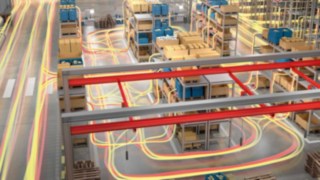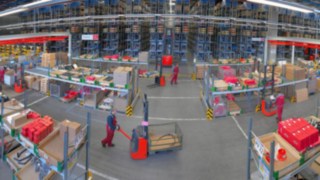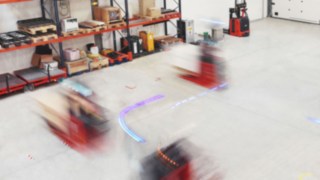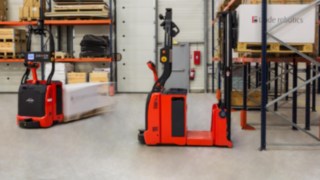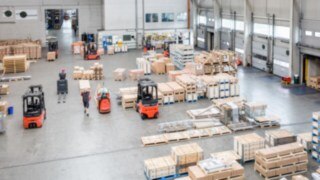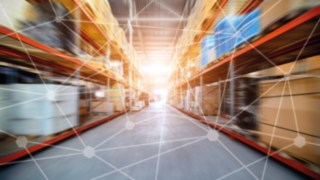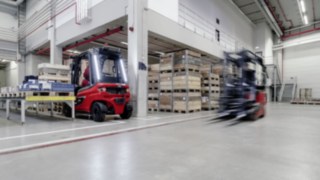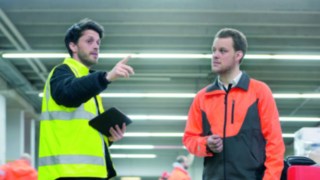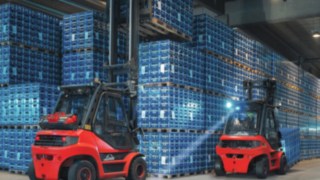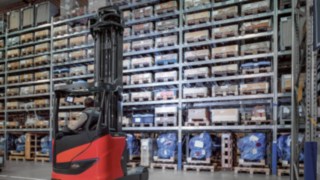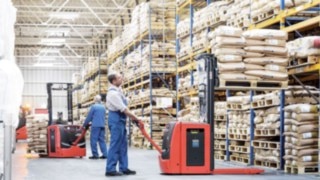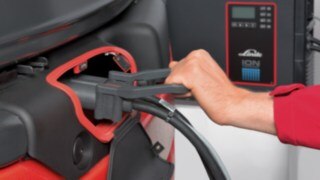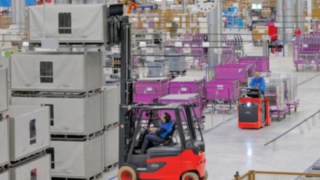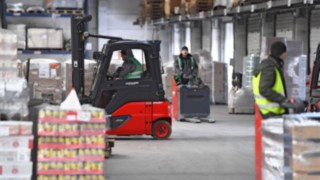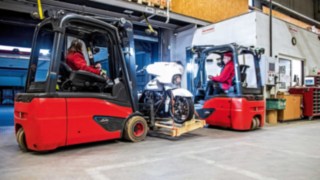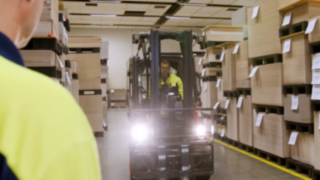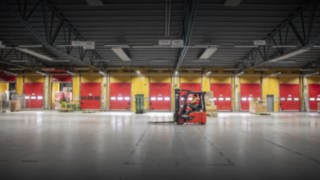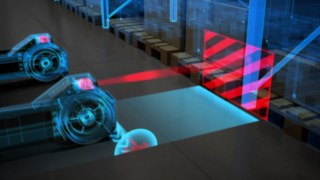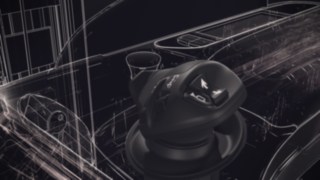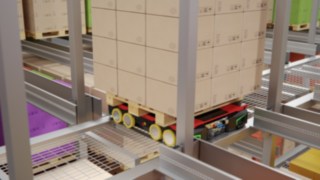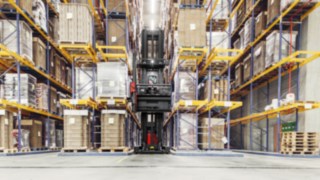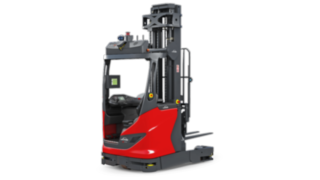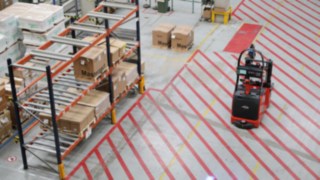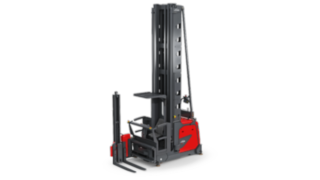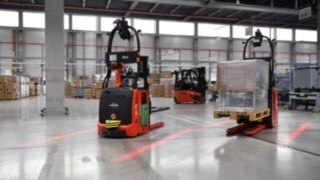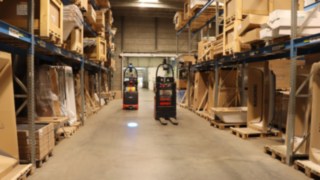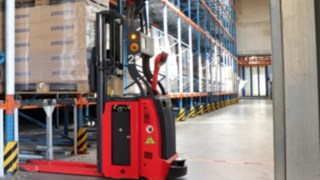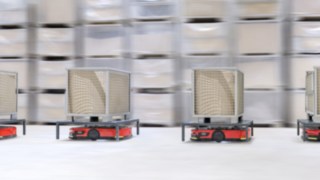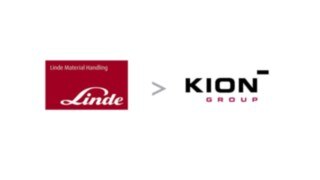3PL (Third-Party Logistics)
Solutions for the logistics industry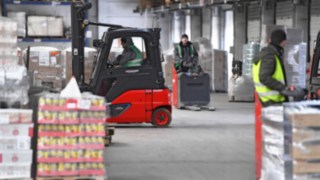
Modern logistics providers are the mainstay of global goods flows. This is evident not least from the fact that more and more companies are outsourcing the storage and shipping of their goods to these third-party logistics (3PL) specialists. One of the most significant business areas in the logistics industry is the traditional transport and handling sector, which ensures the movement of goods from A to B. Equally important is contract logistics, whereby logistics experts are directly involved in the customer's production process, within which they are responsible for carrying out various activities. Their activities cover the supplying of production lines, packaging, storage and shipping of the goods, among other things.
Challenges facing the logistics industry
Compensating for staff shortages in the 3PL industry
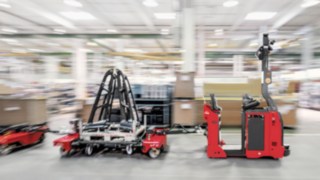
Logistics companies require large workforces, particularly in the area of handling. However, the need for large numbers of staff is not the only problem; the image of the profession has become significantly less attractive in recent years. As a result, it is becoming increasingly difficult for 3PL service providers to find sufficient qualified staff.
Although the obvious solution to this problem is to automate the relevant work steps, this can be difficult to achieve in practice. Given the enormous complexity of certain procedures in the 3PL industry, it is often not possible to resort to standardised automation procedures. The focus on automated individual vehicles in particular is problematic.
This is why Linde Material Handling develops and implements holistic automation solutions that are tailored to the individual requirements of each customer. Thanks to our decades of experience in the 3PL industry, we are able to precisely analyse individual process segments and complete material flows, and come up with suitable automation solutions. During implementation, we pursue a traditional general contractor approach, whereby we manage the implementation of our own and external process components from a single source.
Linde solutions
Increasing the flexibility of 3PL service providers' fleets
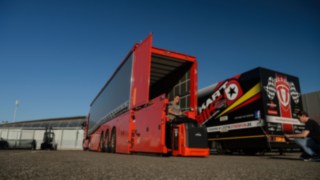
Some sectors of the logistics industry are affected by dramatic seasonal fluctuations. That is why, for third-party logistics service providers, the ability to rapidly adjust the size and technical specifications of a particular fleet to the prevailing circumstances is an essential one. What is required is a reliable way to order, exchange or return equipment and trucks at short notice. Achieving this whilst also ensuring optimum availability remains a crucial concern for the logistics industry. Changes in consumer behaviour in the online age makes this factor all the more important.
Linde Material Handling offers 3PL service providers a range of solutions for coping with fluctuating vehicle use. For example, Linde customers can make use of Europe's largest hire fleet of forklifts and warehouse equipment in order to temporarily expand their current fleet. Moreover, special rental programmes are available as a flexible solution based on a core fleet. In this case, the user has a fixed number of trucks in permanent use that cover the majority of their maximum capacity. If there is a temporary increase in capacity, they can obtain additional trucks for which they have already signed a contract setting out the terms of use. Compared to traditional long-term hire agreements, the benefit of this approach is that costs always remain proportionate to current demand.
Using big data
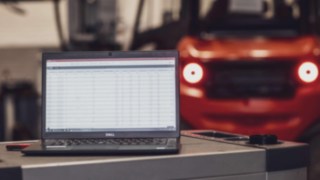
Forklift trucks and warehouse handling equipment often come equipped with modern telemetry systems as standard. These measuring devices collect detailed information about the performance and movement pattern of the trucks. Linde Material Handling now equips around 70% of its trucks for logistics customers with the necessary data collection technology.
However, the percentage of companies who actively make use of the resulting opportunities is much lower. Logistics specialists who actually analyse the data collected and exploit its enormous potential for creating efficiency gains are still the exception rather than the rule.
For this reason, Linde specialists are available upon request to help 3PL service providers use this data. By drawing information from the available data and translating it into practical recommendations, they support the process of optimising the customer's fleet and material flows. Moreover, they help to improve safety and reduce costs. From improved fleet usage and optimised route planning to tailored, scaled fleet sizes and targeted damage prevention, numerous factors can be considered and subjected to a critical evaluation.
Linde solutions
Maximising safety in the 3PL industry
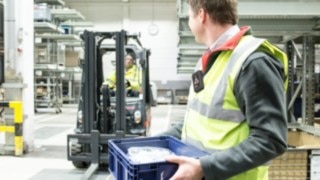
Goods handling can be a rather hectic and staff-intensive endeavour, especially in the case of cross-docking. The close collaboration between human and machine often brings about critical situations where the safety of people, goods, trucks and infrastructure may be at risk.
Accidents between trucks and incidents resulting in personal injury unfortunately still occur today. Moreover, staff working with forklift trucks and warehouse handling equipment are regularly exposed to excessive noise and vibrations.
Linde Material Handling solves this problem with smart assistance systems that significantly increase safety in the immediate vicinity of vehicles. A package developed especially for the logistics industry, which is based on the Linde Safety Guard, creates safety zones around trucks and pedestrians and alerts them if they come within a dangerous distance of each other. Not only does this prevent collisions, it also reduces noise emissions from constant reversing alarms. In addition, the speed of trucks can be specifically reduced in particularly tight spots by way of virtual gates. This prevents collisions, especially in areas where visibility is restricted. Optical warning signals like the Linde BlueSpot and stationary warning systems can further help to increase safety.
Linde solutions
Increasing energy efficiency
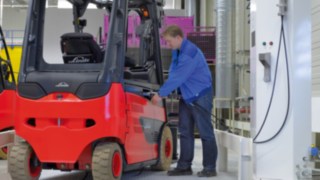
When it comes to energy consumption, many logistics companies are faced with a particular problem. On their premises, it is electric industrial trucks as well as lighting and IT that usually account for the majority of electricity consumption. As energy tariffs are determined based on peak consumption, the end of each shift is a critical moment. If too many trucks are on charge at the same time, there will be a sudden peak in consumption, which in the worst-case scenario might exceed the previous threshold value. As a consequence, the company will be moved up to a higher tariff for the following period, leading to higher energy costs.
Linde Material Handling offers a range of solutions to this problem. For example, the use of lithium-ion batteries enables opportunity charging and for the even distribution of energy consumption over the usage period. Packages comprising hardware and software assist in determining the optimum charging sequence for the trucks, regardless of whether lithium-ion batteries or traditional lead acid cells are used. This prevents peaks in consumption, and ensures the specified thresholds for total electricity consumption are not exceeded. Moreover, Linde offers holistic energy consulting services, whereby Linde experts analyse the energy demand of a particular site taking into account all consumers, and then offer tangible recommendations on how to improve efficiency.

